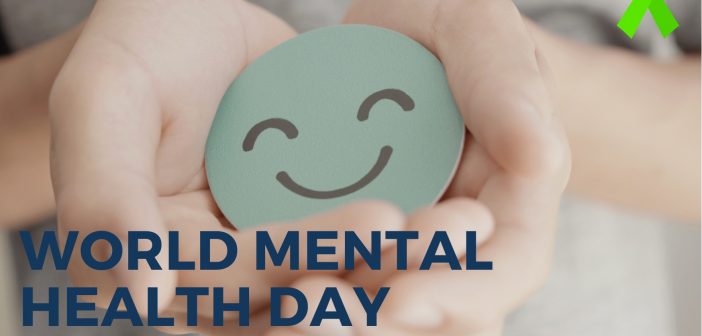World Mental Health Day, observed on October 10th, serves as a vital platform to raise awareness about mental health issues and mobilize efforts to support mental well-being globally. The 2024 theme, “Mental Health is a Universal Human Right,” underscores the need for equitable access to mental health services worldwide. For India, a country grappling with a burgeoning mental health crisis, this theme holds particular resonance.
Mental Health in India: The Numbers
India is home to over 1.4 billion people, but it faces a staggering mental health challenge. According to the National Mental Health Survey (NMHS) conducted in 2015-16, approximately 10.6% of adults in the country suffer from mental disorders, translating to nearly 150 million people requiring active intervention. Among adolescents, the situation is equally alarming, with 43% reporting mood swings and 11% feeling anxious, particularly exacerbated by the COVID-19 pandemic. Despite this growing burden, the mental health treatment gap in India remains between 70% and 92% across different disorders.
Relevance of World Mental Health Day for India
For India, World Mental Health Day is an opportunity to shine a light on the pressing need for mental health reforms. The country has historically underfunded mental health services, which are plagued by stigma and a critical shortage of professionals. As of 2021, India had just 0.75 psychiatrists per lakh population, significantly lower than the WHO’s recommended ratio of 3 per lakh. This lack of professionals severely hampers timely diagnosis and treatment, particularly in rural areas where the prevalence of mental illness often goes unaddressed.
Mental Health at the Workplace
Mental health issues in the workplace are increasingly being recognized as a major challenge, not only for employees but also for overall economic productivity. Depression and anxiety cost the global economy an estimated 12 billion workdays every year due to absenteeism and diminished performance. In India, where work stress is prevalent, addressing mental health in the workplace is critical. Programs that encourage employee well-being, such as stress management training, counseling, and flexible work conditions, are crucial in reducing burnout and promoting a healthy work environment.
Healthcare Deficiencies
Despite the introduction of policies like the District Mental Health Programme (DMHP) in 767 districts, which aims to provide comprehensive mental healthcare at various levels, significant deficiencies remain. Access to mental health care is concentrated in urban metro regions, where the prevalence of mental disorders is higher at 13.5%, compared to 6.9% in rural areas. Furthermore, a majority of primary healthcare centers lack the trained personnel and infrastructure to offer adequate mental health services.
Tackling the Stigma
A key obstacle to improving mental health in India is the stigma associated with mental illness. Fear of discrimination prevents many from seeking help, leading to delayed diagnosis and worsening conditions. Initiatives that promote community-based rehabilitation, peer support networks, and collaborations with NGOs are crucial in breaking this stigma and creating an environment where individuals feel safe to seek help.
Government Initiatives and Policy Recommendations
The Economic Survey 2023-24 brought mental health to the forefront of policy discussions, recommending a multi-pronged approach to addressing mental health challenges. These include increasing the number of mental health professionals, involving people with lived experiences in policy-making, and integrating mental health education into school curricula. The government also recognizes the need for greater partnerships between public and private sectors to expand access and improve service delivery.
A Path Forward
World Mental Health Day 2024 is a stark reminder that mental health is a human right, one that must be accessible to all, irrespective of socioeconomic status. For India, this means bridging the healthcare gap, investing in mental health infrastructure, and continuing to work towards destigmatizing mental illness. The road ahead is long, but through concerted efforts by the government, civil society, and individuals, India can take meaningful steps to improve mental health outcomes for its citizens.





